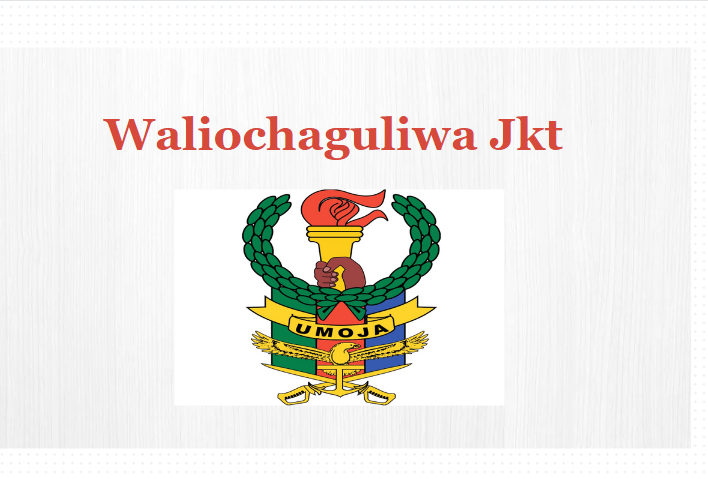Israel plans to direct Palestinians out of Rafah ahead of anticipated offensive, Israel has announced plans to direct Palestinians out of Rafah ahead of an anticipated offensive. The Israeli military said it plans to direct a significant portion of the 1.4 million displaced Palestinians living in the Gaza Strip’s southernmost town of Rafah towards “humanitarian islands” in the center of the territory ahead of its planned offensive in the area. Israel is planning to tell 1.4 million displaced Palestinians trapped in the southern city of Rafah to seek shelter in central Gaza ahead of a planned military offensive into the south.
The move is expected to create a buffer zone between the Israeli military and Palestinian civilians, and reduce the number of civilian casualties during the offensive. However, the plan has been met with criticism from Palestinian officials, who argue that it is a violation of international law. The United Nations has also expressed concern over the plan, saying that it could lead to a humanitarian crisis in the region.
Strategic Context of Rafah
Geopolitical Significance
Rafah is a town located at the southern end of the Gaza Strip, bordering Egypt. It is strategically significant as it is the only crossing point between Gaza and Egypt. The town is also located near the Mediterranean Sea, which gives it access to international trade routes.
The proximity of Rafah to Egypt has made it a crucial location for the Israeli government, as they believe that the town is used by militants to smuggle weapons and other contraband into the Gaza Strip. The Israeli government has therefore imposed a strict blockade on the town, which has resulted in severe shortages of basic necessities such as food, water, and medicine.
Historical Conflicts and Agreements
The conflict between Israel and Palestine over the Gaza Strip has a long and complicated history. In 2005, Israel withdrew its military and settlements from the Gaza Strip, but maintained control over its borders, airspace, and coastline. Since then, the Gaza Strip has been governed by Hamas, a militant group that is considered a terrorist organization by Israel and the United States.
In recent years, tensions between Israel and Hamas have escalated, with both sides launching attacks against each other. The Israeli government has accused Hamas of using Rafah to launch attacks against Israel, while Hamas has accused Israel of imposing a blockade on the town and carrying out military strikes against its residents.
The Israeli government’s plan to direct Palestinians out of Rafah ahead of an anticipated offensive is likely to further escalate tensions between the two sides. It remains to be seen how the situation will unfold, but it is clear that the conflict over Rafah will continue to be a major source of tension between Israel and Palestine.
Anticipated Offensive Plans
Military Objectives
According to recent news reports, the Israeli military is planning an offensive in the southern Gaza Strip town of Rafah. The military has stated that its objective is to target Hamas militants and destroy their infrastructure. The offensive is expected to involve ground troops, air strikes, and artillery fire.
Impact on Palestinian Communities
The offensive is likely to have a significant impact on the Palestinian communities living in Rafah. The Israeli military has stated that it plans to direct many of the 1.4 million displaced Palestinians living in the town toward “humanitarian islands” in the center of the territory. However, it remains to be seen how effective this plan will be in protecting civilians and minimizing casualties.
Furthermore, the offensive is likely to cause significant damage to the already fragile infrastructure in the area, including homes, businesses, and public services. This could lead to further displacement and hardship for the local population.
International Response and Diplomacy
The anticipated offensive has drawn criticism from the international community, with many calling for restraint and a peaceful resolution to the conflict. The United Nations has expressed concern over the potential impact on civilians and has called on all parties to protect civilians and respect international humanitarian law.
In addition, diplomatic efforts are underway to try to prevent the escalation of violence and find a peaceful resolution to the conflict. The United States, Egypt, and other regional powers have been involved in these efforts, but it remains to be seen whether they will be successful in preventing the anticipated offensive.
Also Read :
- ‘Armed Palestinians’, not army, fired on Gaza crowd awaiting aid: Israel
- Hamas proposes new 6-week Gaza truce, hostage-prisoner exchange amid Israel war
- France ready for deeper Ukraine war involvement: Kremlin
- Ship carrying 200 tons aid approaches Gaza via a new sea route amid war
- Is Jason J Eaton Jewish? Exploring the Vermont Shooting Suspect’s Religion and Family Ethnicity

